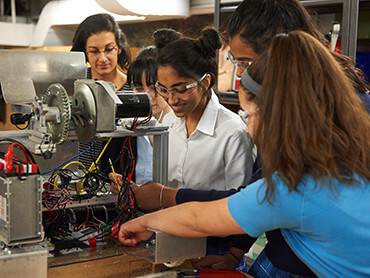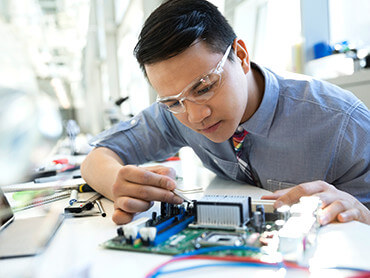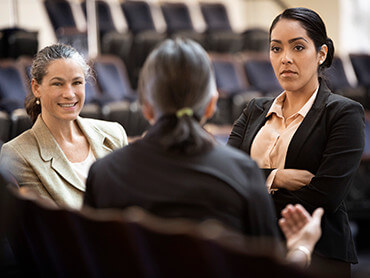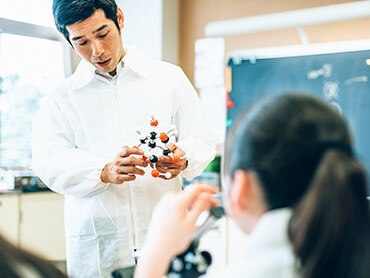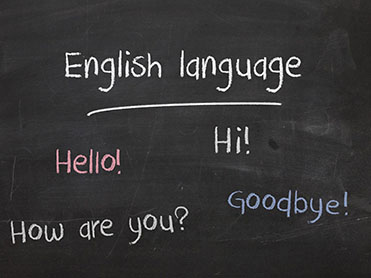
新斯科舍社区学院基本信息
- 中文名:新斯科舍社区学院
- 英文名:Nova Scotia Community College
- 简称: NSCC
- 院校总览
Nova Scotia Community College is transforming its province. Through its network of 14 campuses, it provides Nova Scotians with inclusive and flexible access to education and the specialized, industry-driven training for today and tomorrow’s workforce. The college believes that the future of the province lies in the power of learning, which is why they care about the success of every student in education, in career and in life.
NSCC offer more than 130 programs and hundreds of courses to nearly 20,000 students each year. Programs are developed with industry and lead to thousands of career options in a variety of disciplines, including creative industries, IT, business, health, human services, trades and technology. It provides people with the skills they need to succeed, whether they are entering the workforce, retraining for a new career or looking to add to their skillset.
At Nova Scotia Community College, students have the opportunity to learn new things, meet new friends and gain the necessary skills to go out and make a positive impact on the world. The goal of NSCC Student Life is to provide quality leadership opportunities, volunteer experiences and extra-curricular activities for students so that they might learn and grow both outside the classroom as well as inside. The college believes that getting involved with campus community is an excellent way to maximize student experience and explore their skills. After all, College is about having a balanced and memorable student experience.
All NSCC campus libraries carry a wide range of learning materials in print, multimedia and online formats. NSCC libraries are members of the Novanet library system, which provides access to the resources of eleven university and college library collections across Nova Scotia.
With locations across Nova Scotia, the college is uniquely positioned to inspire, cultivate and accelerate community innovation, entrepreneurship and cultural prosperity. NSCC has learning environments located in sixteen towns and cities across Nova Scotia, many are full-service campuses with cafeterias, fitness facilities, and specialized classrooms and equipment. Others are community facilities that provide courses designed to fit the needs of specific groups of students and the communities they live in.
NSCC offer more than 130 programs and hundreds of courses to nearly 20,000 students each year. Programs are developed with industry and lead to thousands of career options in a variety of disciplines, including creative industries, IT, business, health, human services, trades and technology. It provides people with the skills they need to succeed, whether they are entering the workforce, retraining for a new career or looking to add to their skillset.
At Nova Scotia Community College, students have the opportunity to learn new things, meet new friends and gain the necessary skills to go out and make a positive impact on the world. The goal of NSCC Student Life is to provide quality leadership opportunities, volunteer experiences and extra-curricular activities for students so that they might learn and grow both outside the classroom as well as inside. The college believes that getting involved with campus community is an excellent way to maximize student experience and explore their skills. After all, College is about having a balanced and memorable student experience.
All NSCC campus libraries carry a wide range of learning materials in print, multimedia and online formats. NSCC libraries are members of the Novanet library system, which provides access to the resources of eleven university and college library collections across Nova Scotia.
With locations across Nova Scotia, the college is uniquely positioned to inspire, cultivate and accelerate community innovation, entrepreneurship and cultural prosperity. NSCC has learning environments located in sixteen towns and cities across Nova Scotia, many are full-service campuses with cafeterias, fitness facilities, and specialized classrooms and equipment. Others are community facilities that provide courses designed to fit the needs of specific groups of students and the communities they live in.














